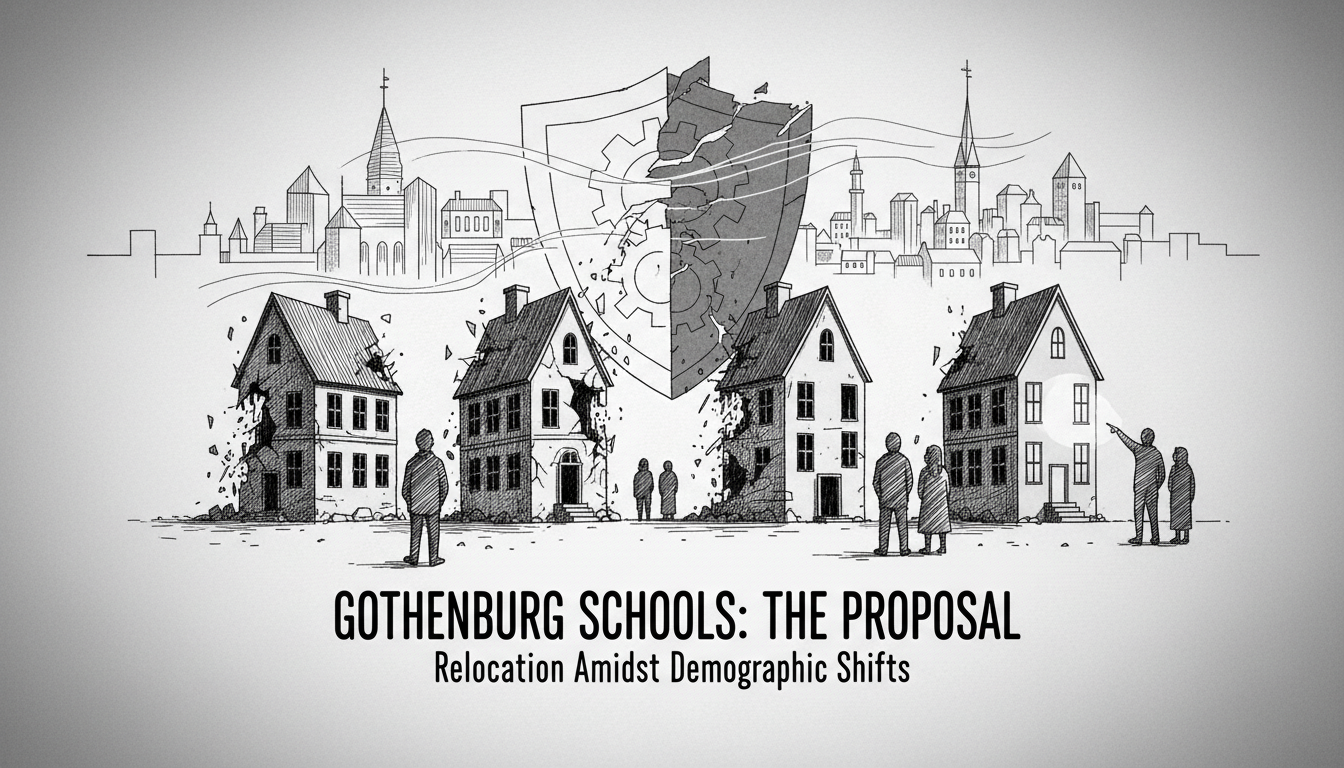Gothenburg's red-green coalition government has proposed major changes to the city's school system. The board wants to close four of five threatened schools in Sweden's second-largest city. Only one school will remain open from the original list of institutions under review.
Victoria Tryggvadottir Rolka chairs the compulsory school committee. She represents the Social Democratic Party. Rolka explained the decision in a public statement. She said the city is not actually closing schools but rather moving educational units to different locations.
This proposal comes amid ongoing debates about educational quality in Swedish cities. Gothenburg faces particular challenges with declining enrollment in certain neighborhoods. The city must balance educational resources with demographic changes affecting school populations.
School closures often generate strong public reactions in Sweden. The country's education system has undergone multiple reforms in recent decades. Municipal governments control most primary education decisions under Sweden's decentralized model.
The red-green coalition includes Social Democrats, Greens, and Left Party representatives. This political alliance has governed Gothenburg since the last municipal elections. Their school decisions reflect broader educational priorities for urban centers.
Parents and teachers will likely scrutinize the closure plan in coming weeks. Swedish law requires consultation periods before finalizing such changes. The proposal could affect hundreds of students and dozens of teaching positions across the city.
Gothenburg's school situation mirrors challenges in other Nordic urban areas. Helsinki and Copenhagen have faced similar consolidation decisions. Urban migration patterns and birth rate changes continue reshaping educational needs throughout the region.
The board's emphasis on moving units rather than closing schools represents a political framing strategy. This language aims to soften the impact of consolidation measures. Yet the practical effect remains reduced educational options in specific neighborhoods.
What happens next? The proposal enters a review phase with public consultations. Municipal politicians will debate the plan before any final decision. The outcome could influence educational policy approaches in other Swedish municipalities facing similar demographic shifts.

